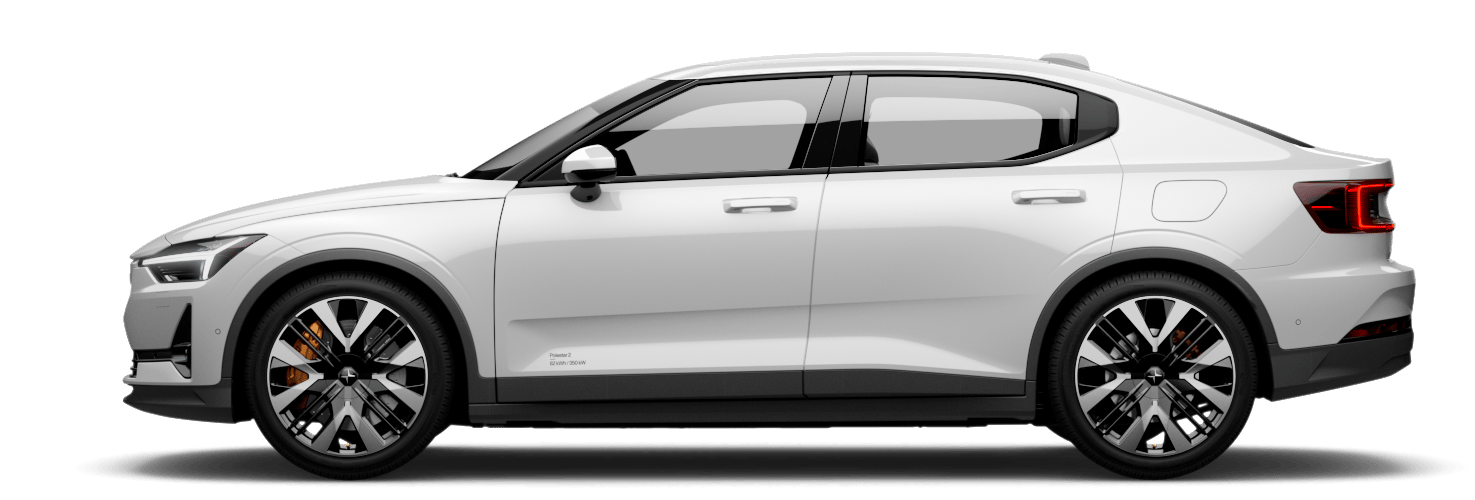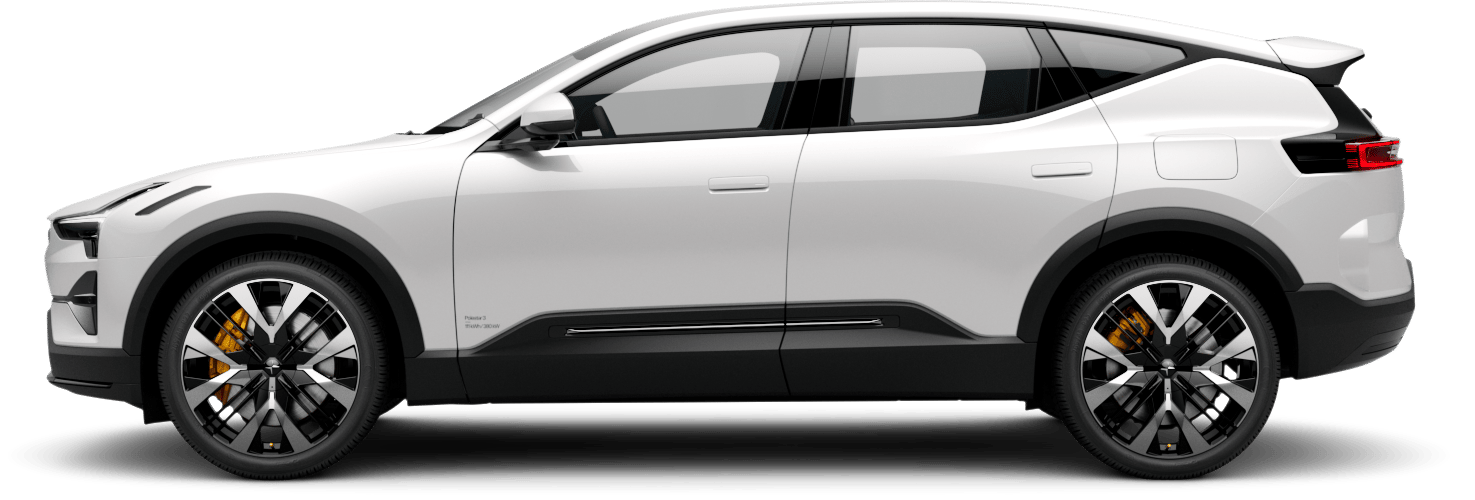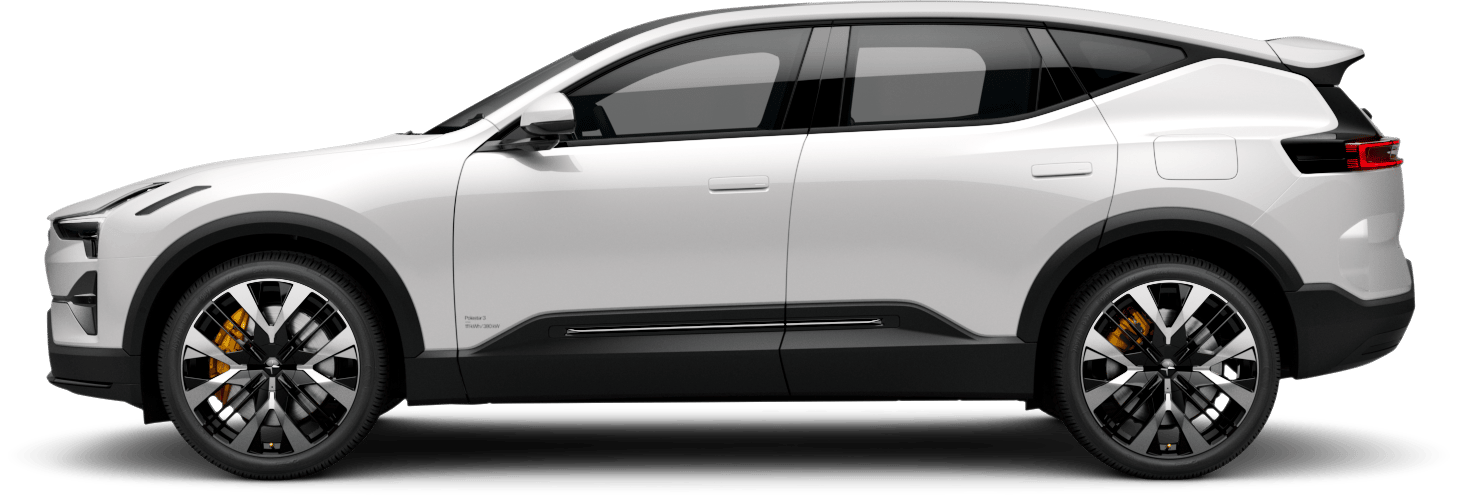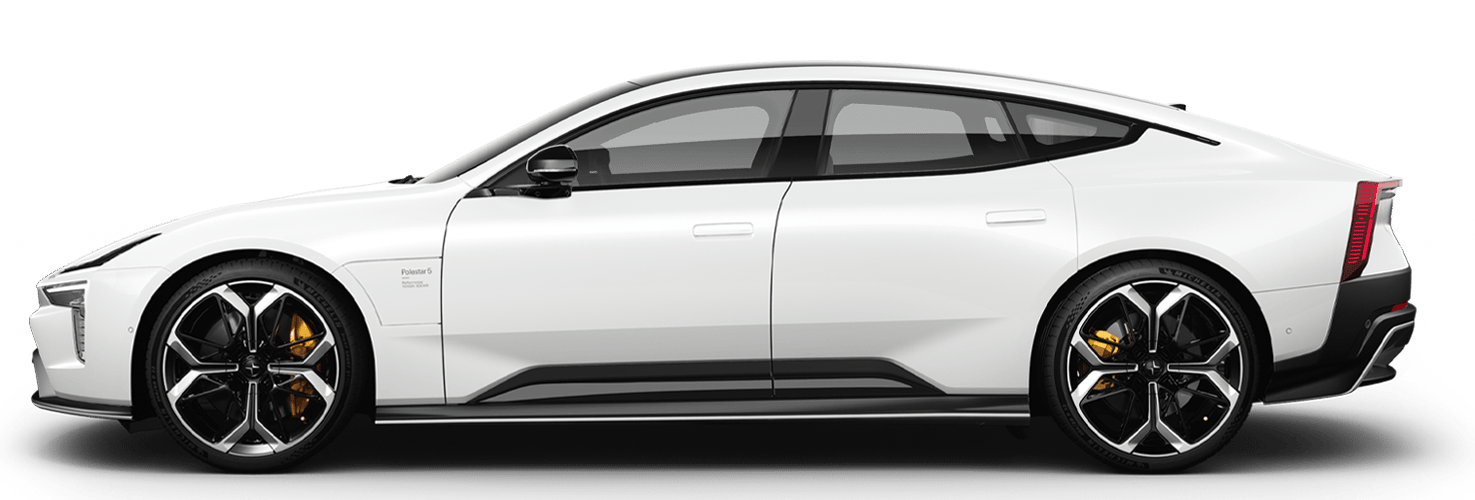Public charging
Polestar cars use the New Zealand standard connector and can be charged at most charging stations.
Polestar cars use the New Zealand standard connector and can be charged at most charging stations.
You can charge your Polestar at almost any public charging station. As more and more people switch to EVs, the number of charging points is increasing rapidly. Currently, in New Zealand alone there are more than 800 public charging locations, from motorway service areas to municipal car parks.
Chargers on the road differ from those at the destination. En route, most charging stations offer fast DC chargers capable of charging a battery up to 80% in around half an hour. Hotels, vacation resorts, conference centres, and municipalities tend to provide slower AC chargers, more suitable for a longer parking period.
Chargers on the road differ from those at the destination. En route, most charging stations offer fast DC chargers capable of charging a battery up to 80% in around half an hour. Hotels, vacation resorts, conference centres, and municipalities tend to provide slower AC chargers, more suitable for a longer parking period.
The integrated version of Google Maps native to all Polestar cars checks the battery level and plans the route and charging stops accordingly. Just enter a destination, and it will display charging points along the way, optimised for getting to your destination as fast as possible.
It's a good idea to plan ahead and check charging options on your chosen route. Google Maps’ send-to-car feature allows users to pre-plan trips and find nearby charging stations on their mobile devices. Routes can be transferred instantly to the car, making sure road trips get off to a smooth start.
It's a good idea to plan ahead and check charging options on your chosen route. Google Maps’ send-to-car feature allows users to pre-plan trips and find nearby charging stations on their mobile devices. Routes can be transferred instantly to the car, making sure road trips get off to a smooth start.
On long trips, save time by stopping twice and charging to 80% each time, rather than stopping once and charging to full. This is because the final 20% capacity of a lithium-ion battery charges at a much slower rate.






